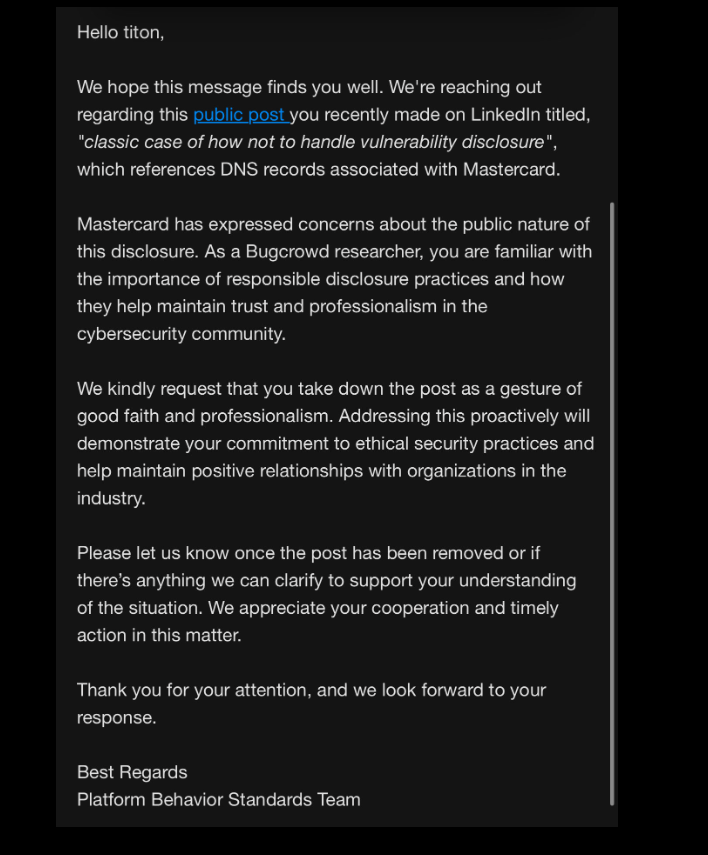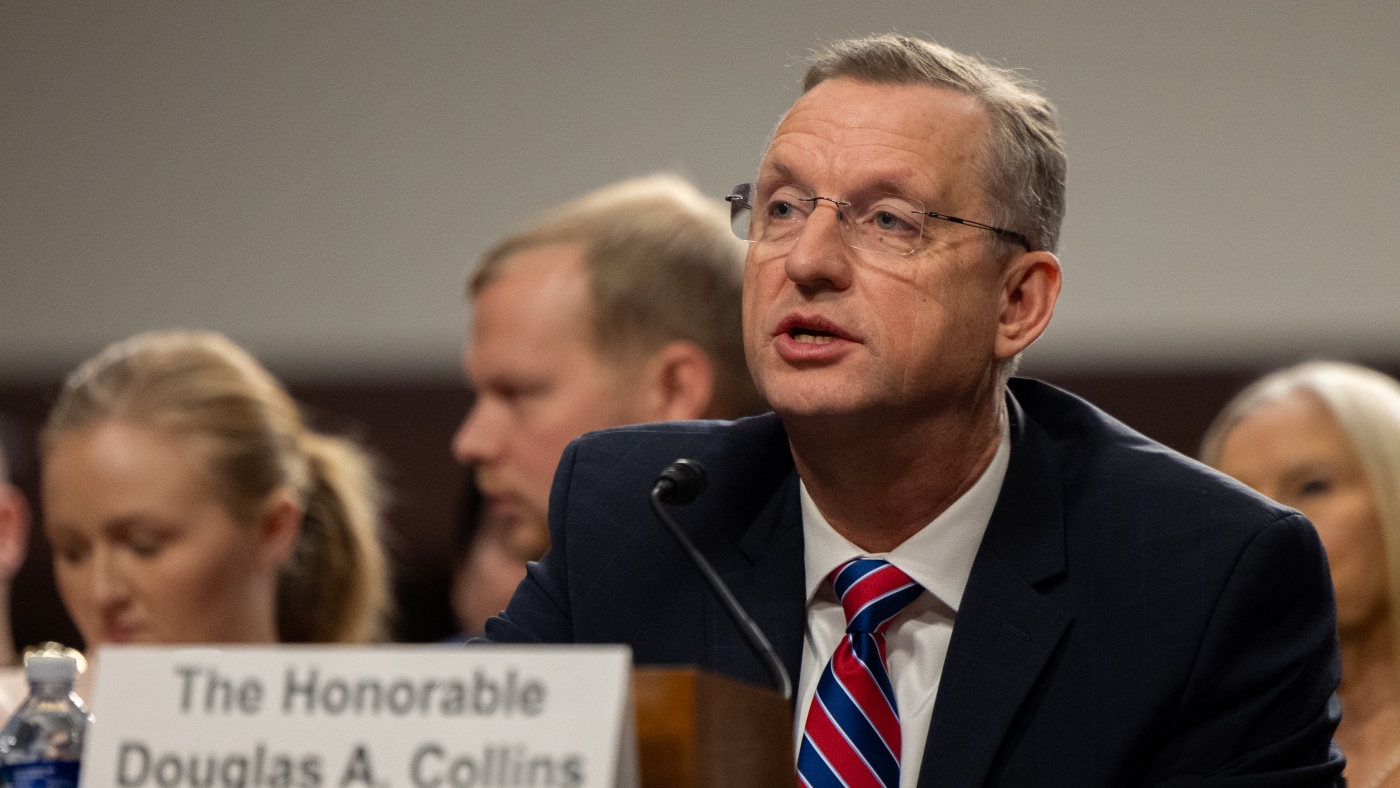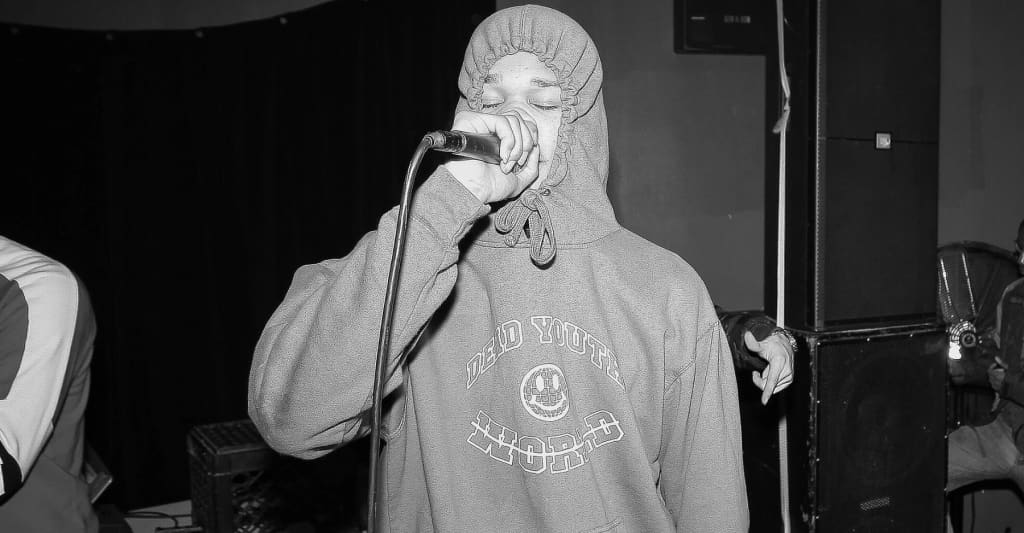Jack Smith Gives Up
The January 6 crime paid off for Trump.

Early this morning, the Department of Justice released the report of Special Counsel Jack Smith on his investigation of Donald Trump’s attempt to overturn the result of the 2020 presidential election—closing the saga of the U.S. criminal-justice system’s effort to hold the coup instigator accountable. No prosecution will now take place. Compared with the present outcome, it would have been better if President Joe Biden had pardoned Trump for the January 6 coup attempt.
A pardon would at least have upheld the theory that violent election overthrows are wrong and illegal. A pardon would have said: The U.S. government can hold violent actors to account. It just chooses not to do so in this case.
Instead, the special counsel’s report delivers a confession of the helplessness of the U.S. government. Smith asserts that the evidence was sufficient to convict Trump of serious crimes—and then declares the constitutional system powerless to act: The criminal is now the president-elect, therefore his crime cannot be punished.
The report suggests that if the law had moved faster, then Trump today would be a convict, not a president. But the law did not move fast. Why not? Whose fault was that? Fingers will point, but the finger-pointing does not matter. What matters is the outcome and the message.
Trump swore to uphold the Constitution in January 2017. He violated that oath in January 2021. Now, in January 2025, he will swear it again. The ritual survives. Its meaning has been lost.
In 2022, a prominent conservative intellectual proclaimed that the United States had entered a “post-constitutional moment”:
Our constitutional institutions, understandings, and practices have all been transformed, over decades, away from the words on the paper into a new arrangement—a new regime if you will—that pays only lip service to the old Constitution.
That conservative was Russell Vought, one of the co-authors of the Heritage Foundation’s Project 2025 policy plan, and now President-Elect Trump’s choice to be director of the Office of Management and Budget, which controls and coordinates all actions by the executive branch. The post-constitutional moment that Trump supporters once condemned has now become their opportunity. They have transgressed the most fundamental taboo of a constitutional regime, the prohibition against political violence, and instead of suffering consequences, they have survived, profited, and returned to power.
If anything, the transgression has made them more powerful than they otherwise would have been. Bob Woodward gives an account in his 2018 book, Fear, that Gary Cohn, Trump’s chief White House economic adviser, thwarted his intent to withdraw from NAFTA and the U.S.–South Korea trade agreement by snatching the notification letters off the president’s desk. The story suggests something important about the difficulty Trump had imposing his will during his first term. But for his upcoming second term, Trump has made defending his actions in 2021 a test of loyalty. In December, The New York Times interviewed people involved in recruiting for senior roles in the Trump Defense Department or intelligence agencies; several of them had been quizzed about whether Joe Biden won the 2020 election and whether Trump did anything wrong in his challenge to the election on January 6. The clear implication was that to answer anything but No and No would have been disqualifying. There will be no more Gary Cohns, only J. D. Vances who will deny the last election and defend Trump’s actions to overturn it.
That is what a post-constitutional moment looks like.
Before Trump, American law was quite hazy on the legal immunity of the president. In 1982, the U.S. Supreme Court ruled that a president could not be sued for his official acts. In 1997, the Court ruled that a president could be sued for personal acts unrelated to his office. Both of these rulings applied only to civil cases, not to criminal ones.
For nearly 250 years after the adoption of the U.S. Constitution, the question of the president’s rights under criminal law did not arise. Trump’s proclivity for wrongdoing forced the question on the country: Was a president of the United States subject to criminal law or not? Last year, the Supreme Court delivered a complex mess of an answer, whose main holding seemed to be: Here’s a complex, multipart, and highly subjective set of questions to answer first. Please relitigate each and every one of them, while we wait to see whether Trump wins or loses the 2024 election.
Now comes the Smith report with its simpler answer: If a president wins reelection, he has immunity for even the worst possible crimes committed during his first term in office.
The incentives contained in this outcome are clear, if perverse. And they are deeply sinister to the future of democracy in the United States.
What's Your Reaction?






























.jpg?width=1920&height=1920&fit=bounds&quality=80&format=jpg&auto=webp#)




















































